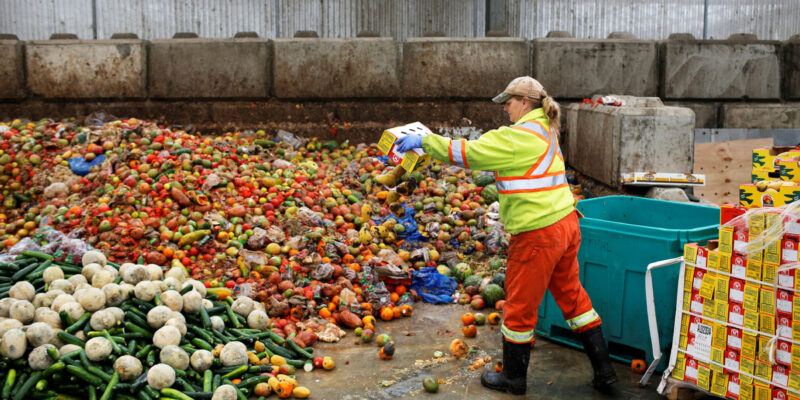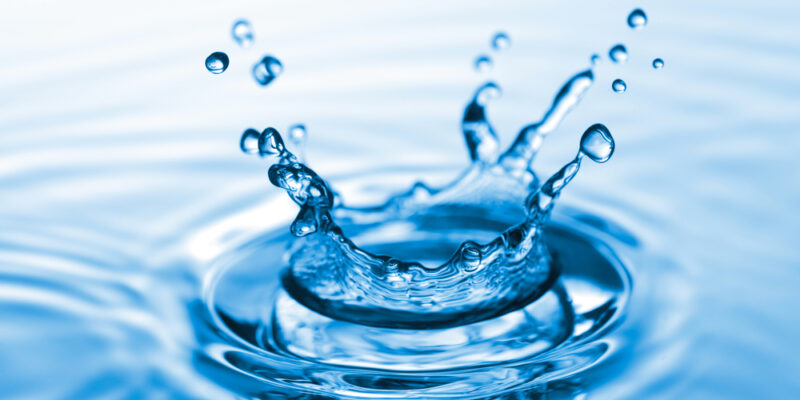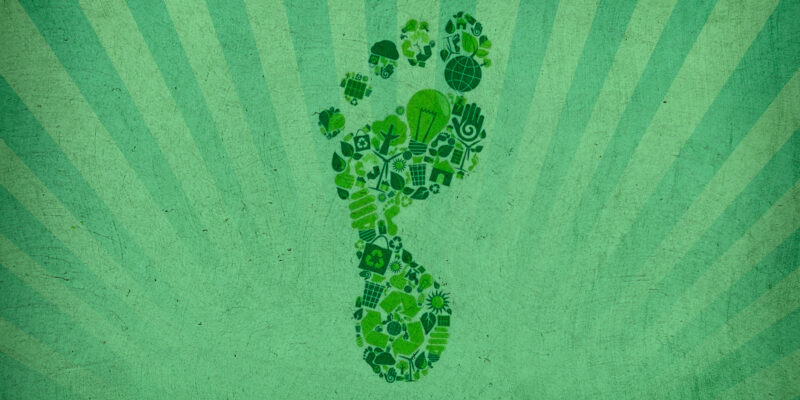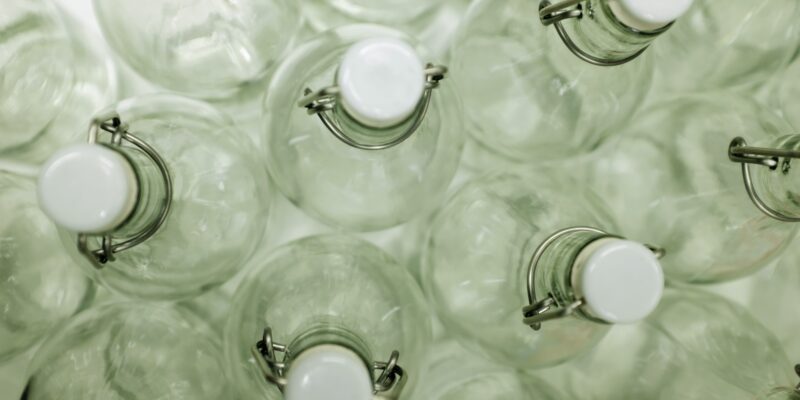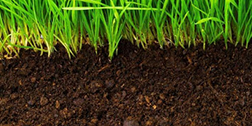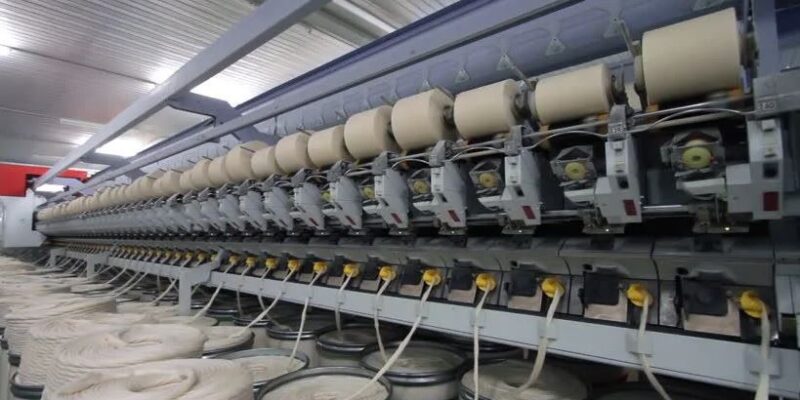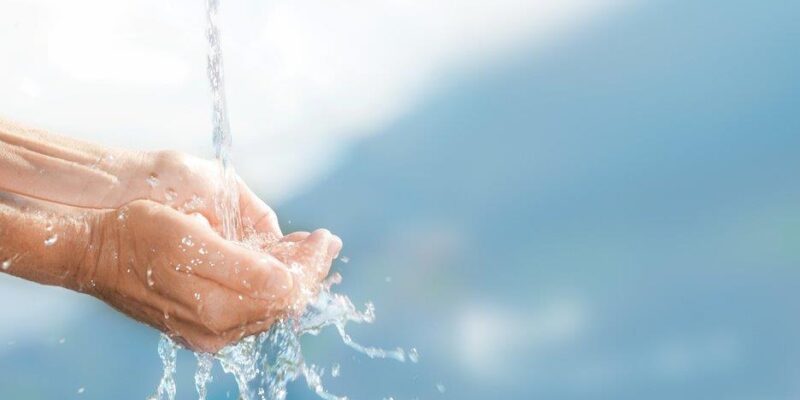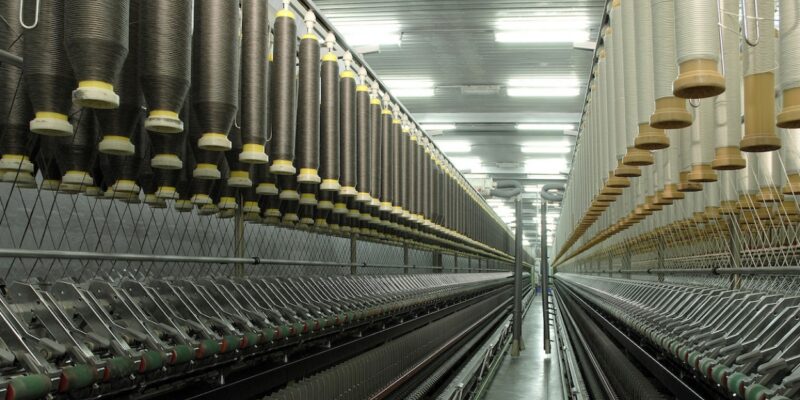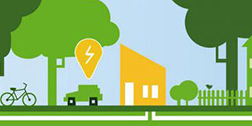A project to explore industrial symbiosis opportunities for food chain waste was carried out in Antalya with the Fund for the Third Phase of the Civil Society Support Program (CSSP-III) of the Turkish Food Rescue Association. The project, which started in 2019, was completed in 2020.
Technical field studies were carried out by GTE within the scope of the project. In the light of the information obtained, potential industrial symbiosis opportunities that stand out in the sector were investigated and a workshop was held.
